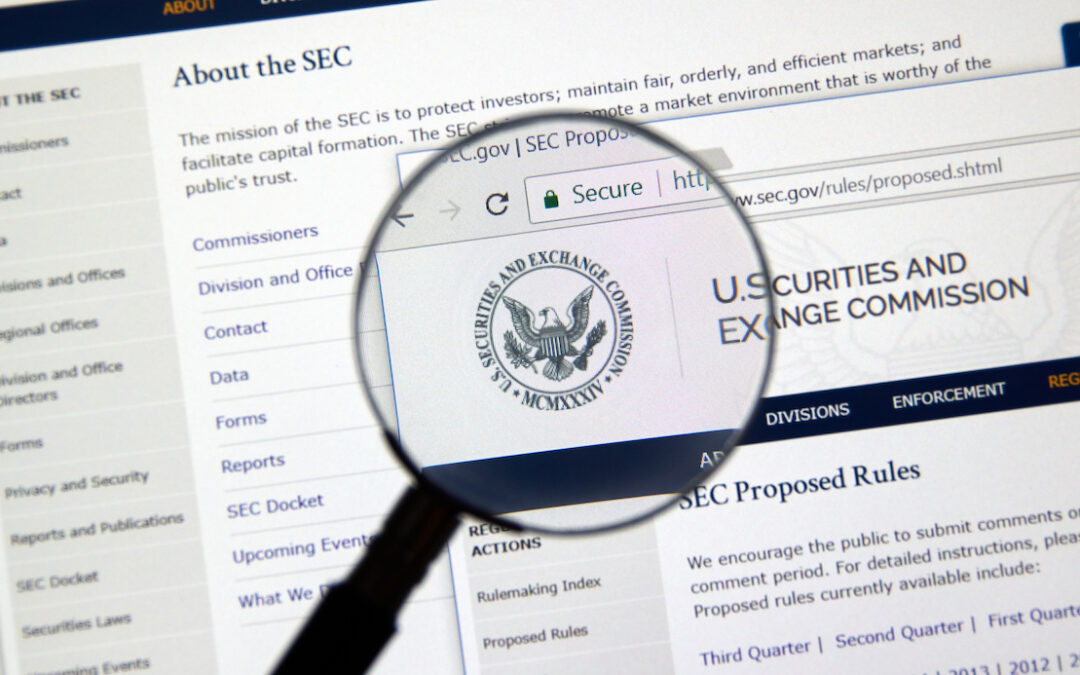Your Next Move: Work on building a legal partnership now: you should anticipate and benefit from these changes as soon as they are adopted.
On February 10, 2022, the Securities and Exchange Commission (SEC) announced proposed changes to two whistleblower program rules. Both rules, says SEC chair Gary Gensler, “help ensure that whistleblowers are both incentivized and appropriately rewarded for their efforts in reporting potential violations of the law.” Whistleblowers play a crucial role for the SEC in detecting fraud, and these changes further support those stepping forward.
Proposed Amendment: Award Claims for Related Actions
In a nutshell, the first amendment essentially ensures that the SEC would be able to pay awards to whistleblowers for actions brought by other agencies in cases where awards could be paid under the award program of that other agency. This should come as good news: sometimes, awards for actions brought by other entities with award programs, including other federal agencies, are smaller than what the SEC would otherwise offer. This amendment prevents whistleblowers from being disadvantaged in cases where the SEC award program would offer a higher award.
Proposed Amendment: Consideration of Dollar Amount
In 2020, the SEC adopted an amendment that allowed for review of award amounts. This meant that, for the last two years, the SEC could consider either raising or lowering an award. This amendment modifies the 2020 change: now, the SEC would only review the dollar amount of an award in order to increase the award, not to decrease it. Again, this amendment should come as a welcome relief: potential whistleblowers should be relieved that their awards would not be arbitrarily reduced if the whistleblower has already complied with the requirements of the whistleblower program.
The Takeaway
Ultimately, both of these amendments simply support whistleblowers, both streamlining and protecting their rights to awards as already laid out in federal law.
Awards themselves are important: while some think that whistleblowers ought to stand up for what’s right for its own sake without being incentivized, some don’t realize that whistleblowers in fact already do that. Having supported whistleblowers through the process of bringing forward new information, we understand more than most the courage stepping forward entails. Making that decision often involves both bravery and sacrifice: award programs simply offer whistleblowers justified compensation for that bravery, and they offer whistleblowers the security and protection to be able to stand up for the right thing.
These amendments should be well-received by whistleblowers if approved.

